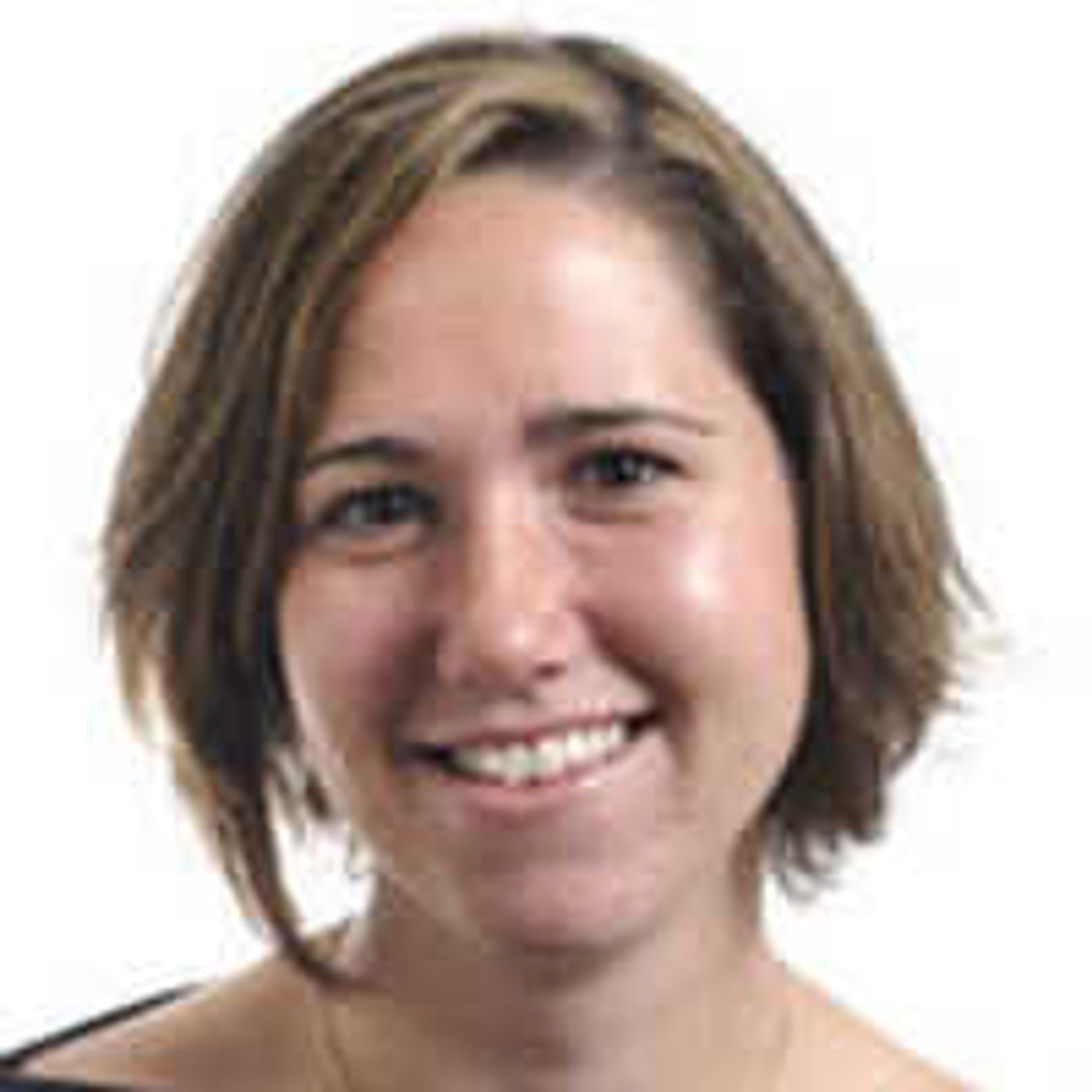Different faiths, same goal
While government officials continue to debate national policies on immigration, area religious leaders tried to provide guidance on personal policies of acceptance at the Interfaith Immigration Forum held in Cape Girardeau Monday night. About 100 people came to Centenary United Methodist Church to hear Catholic, Methodist, Muslim and Hindu perspectives about immigration. ...
While government officials continue to debate national policies on immigration, area religious leaders tried to provide guidance on personal policies of acceptance at the Interfaith Immigration Forum held in Cape Girardeau Monday night.
About 100 people came to Centenary United Methodist Church to hear Catholic, Methodist, Muslim and Hindu perspectives about immigration. Speakers from each faith cited examples of religious teachings that encouraged open minds and a faith-based perspective on the issue.
"The faith-based perspective is one that's often not presented," said Bruce Gentry, a professor at Southeast Missouri State University and president of the Baptist Student Center on campus.
"You get the economic standpoint, the political standpoint, even the my-turf standpoint," he said.
Among other classes, Gentry teaches a world religions class at Southeast. He gave extra credit to any of his students who attended the forum.
Cindy Moore, one of Gentry's students, said putting different viewpoints on the floor was important for easing tensions about immigration.
"Most people are afraid of things that are different," she said after the forum.
With the war, people are nervous about other religions and cultures, she said. "The more you know, the less nervous you're going to be."
During the question-and-answer portion, Dr. Tahsin Khalid, with the Cape Girardeau Islamic Center and a professor at Southeast, was asked to explain basic Muslim beliefs.
He explained that Muslims believe in one God, called Allah, and also believe in prophets, Jesus being one of them. He went on to say that Muslims also believe in a judgment day.
"Hearing that, they seem very peaceful," said Dustin Ezell, who attended the forum with Moore, although he is not enrolled in a religions class. "It was very interesting."
Ezell said he had not known much about the Muslim religion before Monday night's forum.
"If we had not been in this forum, that would not have happened," the Rev. Scott Moon said after the event.
Moon pastors at Grace United Methodist Church and teaches religion at Southeast. He said if people could be encouraged through faith, they could conceivably "have the courage to act."
During his speech he mentioned "uncritical traditional understandings."
"Primarily, our ideas and conceptions are formed in the environment in which we are raised," he said afterward. "I think it's essential to get beyond just acting out on our inherited thoughts and begin to question."
Moon was active in bringing the Interfaith Immigration Forum together and said the panel of religious leaders invited state senators and representatives to come. Though none attended, a representative from U.S. Senator Claire McCaskill's office was at the forum.
Among the clergy and educators, a lawyer also presented a religious perspective at the forum. Vivek Malik, a Cape Girardeau lawyer, was asked by the Rev. Jeff Long of Centenary United Methodist, to present the perspective of a Hindu.
Malik mentioned two principles of Hinduism that pertained to immigration: That the world is one family and that there is one universal truth, people just call it by different names.
Several immigrants attended the forum. When Irene Ayieko had a chance to speak from the audience, she said the challenges in immigration are in the channels.
"The issue of immigration is very daunting," Ayieko said.
She is from Kenya and moved to Cape Girardeau to be with her husband, Willis Ayieko, also a native of Kenya. He said the church was instrumental in bringing Irene over.
Both of the Ayiekos have had problems with the immigration offices when trying to obtain work permits legally. They said they were told by other immigrants to go to a big city and get illegal work.
"Even when you say, 'Here I am. I just want to be given a chance,' they do not hear you," Irene Ayieko said.
"The immigration laws are crazy," said Mary Kasten, former state representative from Cape Girardeau.
Kasten said changes need to be made that would allow a guest worker program while not shortchanging immigrants who have lived here for years and do not have citizenship.
"It's an issue that churches have been concerned about for many years," said Don Emge, with the Catholic Diocese of Springfield and Cape Girar-deau.
"It's become a hotter topic politically probably in the last two years, although as an issue, its been around for a long time," he said.
Emge helped organize a similar forum in Springfield and approached clergy members in Cape Girardeau about this event.
"People need to get together and listen to each other in order to learn," Moon said about the importance of exposing other faiths and perspectives. "There's no hope if we can't get together and listen."
charris@semissouiran.com
335-6611 extension 246
Were you there?
Does this affect you?
Have a comment?
Log on to semissourian.com/today
Connect with the Southeast Missourian Newsroom:
For corrections to this story or other insights for the editor, click here. To submit a letter to the editor, click here. To learn about the Southeast Missourian’s AI Policy, click here.











